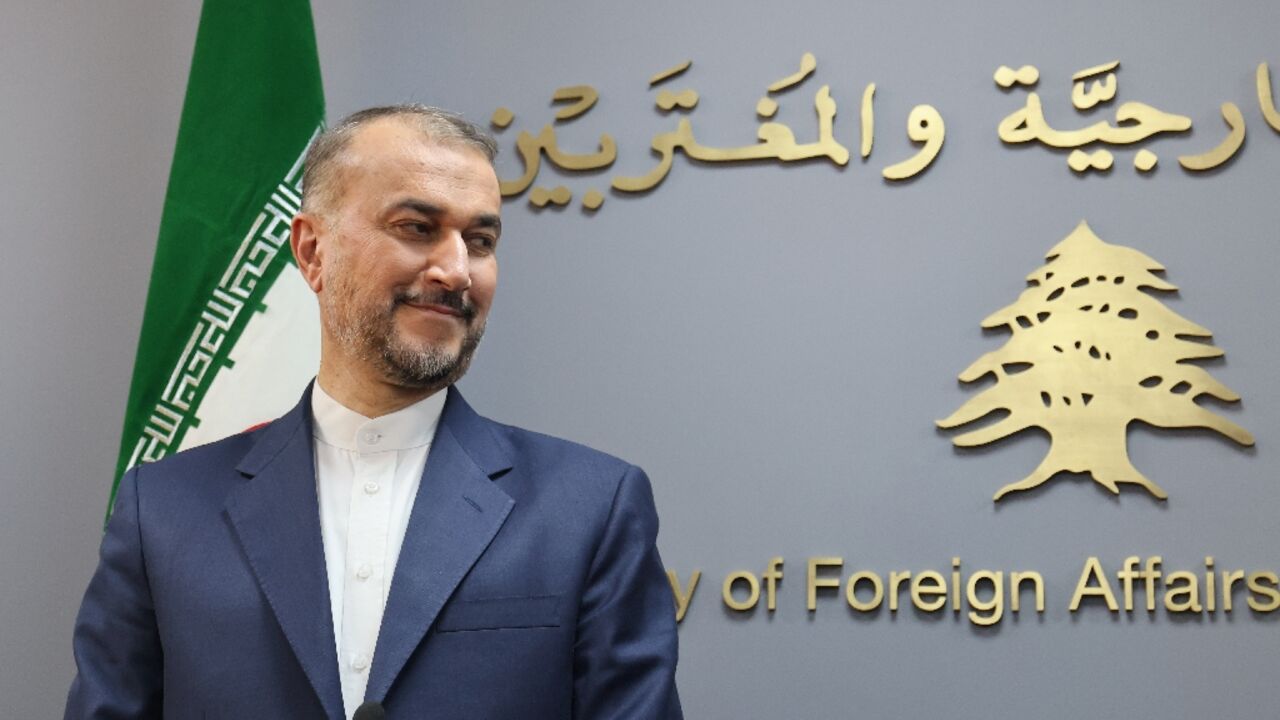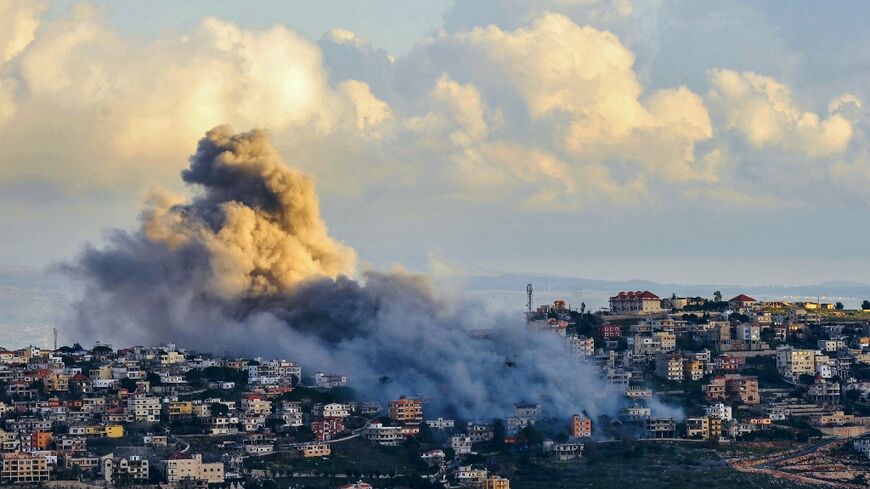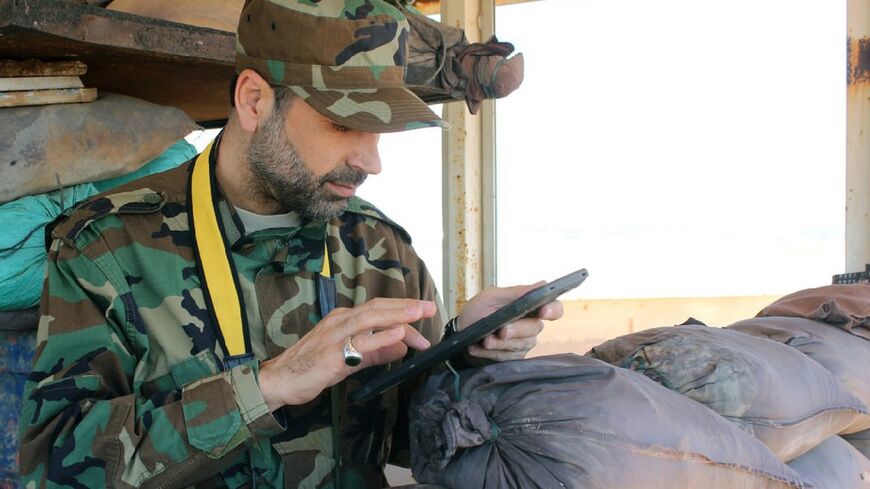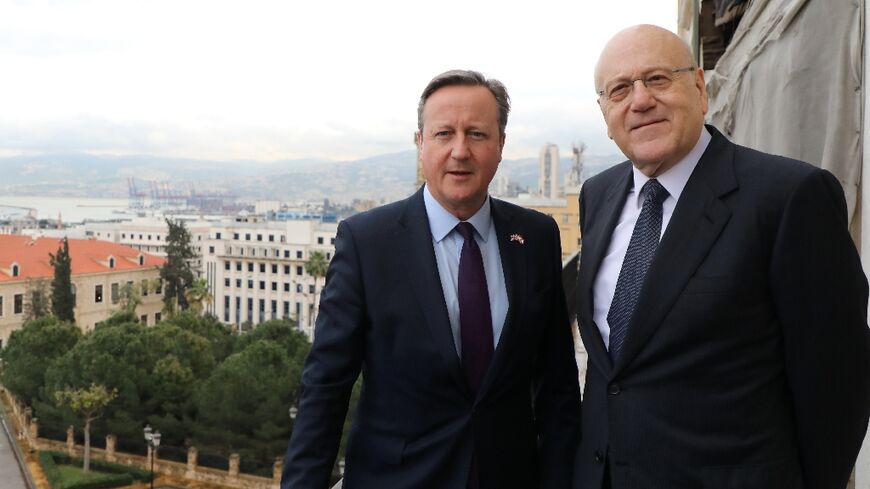Iran FM says Israel offensive on Lebanon would 'spell end' of Netanyahu

Iran's top diplomat warned on Saturday that a full-blown attack on Lebanon would "spell the end" of Israeli premier Benjamin Netanyahu during a Beirut trip, as cross-border tensions surge over the Gaza war.
Israeli forces and Lebanon's powerful Hezbollah group, a Hamas ally, have traded near-daily fire following the outbreak of war on October 7 between Israel and the Palestinian militant group in the Gaza Strip.
"Any move by the Zionist regime (Israel) for a large-scale attack on Lebanon will spell the end of Netanyahu," Iranian Foreign Minister Hossein Amir-Abdollahian told reporters in Beirut.
Amir-Abdollahian, whose country backs a number of armed groups in the region including Hezbollah and Palestinian factions including Hamas, was on his third visit to Beirut in over four months of hostilities.
"Our assessment is that the Zionist regime will never be able to fight on two fronts," he added. "Netanyahu is struggling to get out of the Gaza quagmire."
On Tuesday, France's top diplomat had warned officials in Beirut that Israel is threatening to wage war on Lebanon to return citizens displaced by cross-border fire, Lebanon's foreign minister had said.
Earlier Saturday, an Iranian foreign ministry statement quoted Amir-Abdollahian as saying "the developments in Gaza are moving towards a political solution, but Netanyahu still sees the solution in war to save himself".
"Everyone should try to find a political solution to end Israel's attacks and war crimes against Palestinians as soon as possible," the statement quoted him as saying.
Amir-Abdollahian met top officials in Beirut including Hezbollah chief Hassan Nasrallah and parliament speaker Nabih Berri, a powerful ally of the group.
He also met Palestinian Islamic Jihad leader Ziad Nakhaleh, senior Hamas official Osama Hamdan, and deputy chief of the People's Front for the Liberation of Palestine Jamil Mazhar, the statement said.
"Only the Palestinian nation and Palestinian groups have the exclusive right to determine their own destiny," he said, adding that "other regional and international actors should refrain from imposing their plans".





